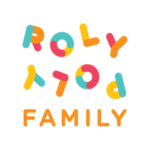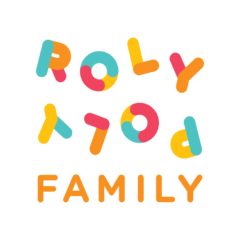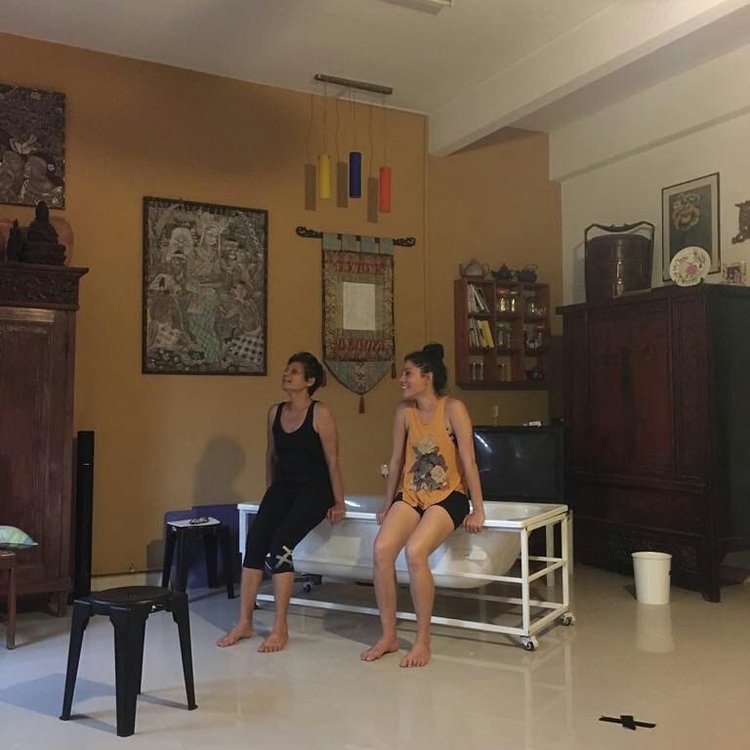Making Theatre as Mother and Daughter: An Interview with Sharda Harrison
This is part of a series of interviews with families that make art and perform/exhibit together. We hope there is something here for you.
When we heard that Sharda Harrison of Pink Gajah Theatre would be making and performing a work with her mother, Ajuntha Anwari, we were thrilled, curious and perhaps a little envious. We know Sharda as a theatre practitioner, educator, and fellow movement improviser, so we approached her for an interview about Hayat, which premiered at the recent M1 Singapore Fringe Festival 2018.
Thank you, Sharda and the Hayat team, for opening up to us.
Over time, we hope to chat with more families who practice and make art together.
“It’s difficult to describe the level of intimacy and friendship we developed, between mother and child.”
Have you always made art as a family?
No, actually. We kind of fell into it. Pink Gajah started off as a partnership between Najib Soiman (the actor/director) and myself. It took that partnership to fall apart for my team to start creating work first as a brother and sister duo – between Sean Harrison and myself – and then later with Lim Mei Yin, our sound artist. My mother Ajuntha and I started to work together only when Open Homes by Jeffrey Tan came as an opportunity. She was a performer and I was facilitating her in that performance in our own living room.
How did your collaboration grow?
The show for Open Homes was performed twice – once in 2015 and again in 2017. My mother and I created ‘I AM’ together based on a series of interviews with Ajuntha, mainly revolving around her neighbourhood, her childhood and her mother. The second version of ‘I AM’ became more intimate and layered. Hayat was a process that found its way easily. Ajuntha would be the lead and the story would evolve around her life – this time grounded in the Pink Gajah methodology of extracting a story and turning it into imagery, movement, media and sound.
Can you share an anecdote that illustrates the difference between working to make art with family versus working with colleagues/peers?
I don’t know about an anecdote, but working with family makes the work literally 24/7 because my family lives together. It is a rich and fulfilling, almost mind-consuming, experience because you can’t leave work at the ‘office.’
Working with peers is a safer zone. There is a certain professionalism displayed and asserted within the rehearsal room. It’s a balance between knowing we can say certain hurtful things and go back to different homes to reflect on the conversation that had transpired between us. Sometimes, making art makes one push themselves to a certain limit in order to get the ‘show’ moving with the momentum it needs. Of course, performing with family and sharing the same rehearsal space in the same house is taxing! We can’t go home! I go to my room and reflect a lot or take long walks away from Ajuntha. Yet at the end of the day it is completely worth it. It always is.
Did you have concerns about working on Hayat as a mother-daughter team? What were they and did these concerns play out during the process?
I didn’t have concerns but over time, I realised it isn’t easy. Tensions can arise just as easily as laughter can dissolve. However, the pay-off is an amazing experience… more than amazing. It’s difficult to describe the level of intimacy and friendship we developed, between mother and child.
You choose not only to tell the unique story of your family experience, but also to use it to make live performance. Could you talk about why you decided to do this? What were some of the motivations?
I was interested in the next walk of life – death. About ten years ago, my mother started to go on a voyage of her mind and spirit, and rooted herself more in the preparation and awakening of death. It only seemed apt to expand on this desire and to tell her story through imagery and text. I don’t see my parents as just parents – they are also my friends, my brothers and sisters, teachers and students. My family unit is special in that way, and bizarre.
Pink Gajah’s first work Bi(cara), later renamed Temuan (the meeting), was based on my father Bernard Harrison’s talk “Why do we do what we do?” Hayat‘s manuscript, so to speak, is my mother’s life. One is a script about the human animal, the other is a script about the human spirit.
In your performance description, you mention “the desire to walk with God, to survive in a highly urbanised world and yet hold onto our ancient groundings.” How does this play out in the work and in your family?
Through instinct, images, song, movement, memories. My family: we’re a weird bunch. My father is a scientific. My parents are divorced so my mother raised us not necessarily as a single mother, but in some senses, she did. We lived with her, as children usually do – they follow their mothers. She’s lived in an urbanised world, chasing the dollar, running a spa, being a property agent and an insurance agent, being in the pyramid business… she’s done it all. One day, she woke up and said, “no more.” That day, she retreated back to her plants, jamu and the art of healing. ‘Ancient groundings’ to me is womb, mother, and the idea of what comes before and after.
What are some of the things your friends and/or family said to you when they found out that you’re making this show as mother and daughter?
The rest of the family smiled. I suppose nothing surprises them anymore. My friends were impressed and happy with Ajuntha. It is a big deal that we are putting her on stage as (more or less) a very new performer. It’s not been easy, but as I said, when all flows, it is rewarding. And it does flow.
However, with such raw and sensitive material, not all family members want to come watch this show. My father, for one, would like to watch the show over video. He could not make it for the actual performance. A part of me is also sensitive because it is a difficult show to watch. Therefore, I understand when family members would choose not to watch it. This is, of course, something I took a mental note of from the beginning when i decided to make the work. In fact, i sought my father’s blessings pertaining to some of the material that was discussed on stage. He was fine, as he is. My father is a wonderful, liberal and open man and I can only count myself lucky to be given such freedom to make this kind of work.
Since creating this work together, has anything changed for you as individuals and for your relationship?
A lot has changed. We have given each other the room to be more direct. We don’t mask our emotions from each other. Our friendship and mutual understanding have grown too. Also, I am very aware and entwined in my mother’s story. As much as this is healing for her, it is also healing for me and, hopefully, for my brother Sean (who is creating the media) too.
Hayat premiered at M1 SIngapore Fringe Festival 2018
Pink Gajah Theatre
17–20 January 2018, 8pm
20 January 2018, 2pm & 5pm
Black Box, Centre 42
40 mins with no intermission
Fringe Commission ● World Premiere


